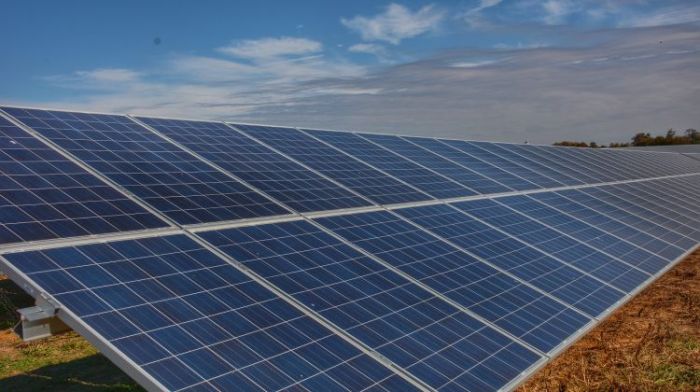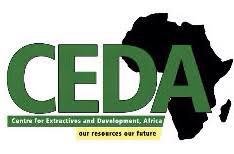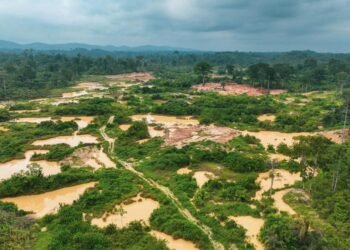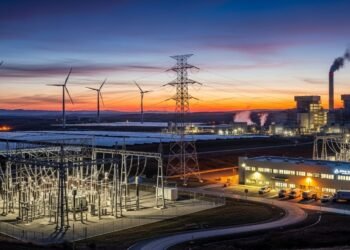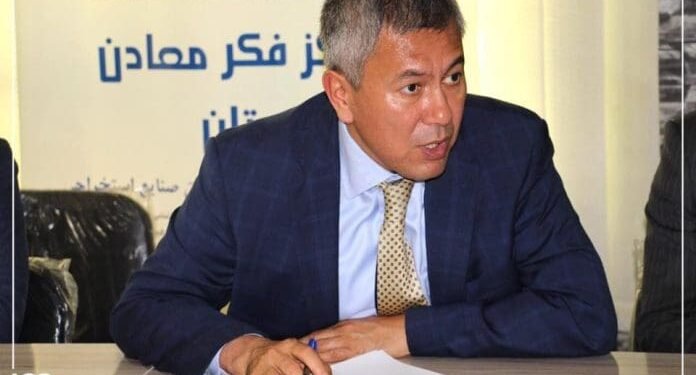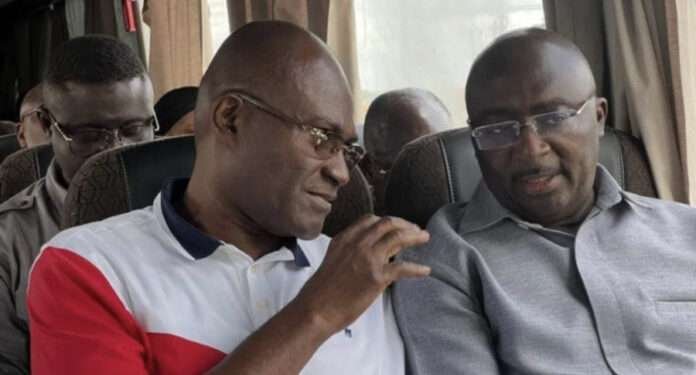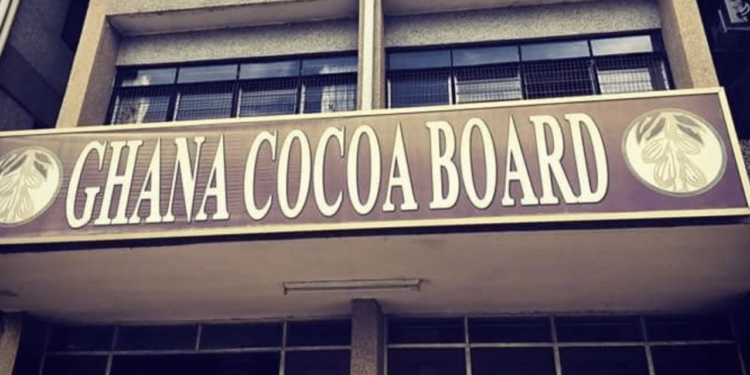Mr. Solomon Yamoah, Partnership and networking coordinator for Strategic Youth Network for Development (SYND), has intimated that, renewable energy and all related activities around it, is capital intensive.
He made this statement with regards to if, Ghana can afford the cost involved in funding items and equipment to make renewable energy power generation materialize in the country.
Sharing his views with the Vaultz Media, on renewable energy as a source of power generation and if government will be able to afford the cost involved if renewables should become the go to source of energy, looking at how costly installation and other activities related to renewable costs, he noted that, it would have been ideal if the nation had about 70 percent of its energy generation mainly powered by renewable energy but it was however not something he foresees happening very soon looking at the cost involved in procuring items and the installation process in this regard.
He further said, due to the capital intensive nature of renewables, if the necessary support and actions are taken with regards to renewable energy providing energy and serving as a major source of power generation to the nation, there is a possibility it will be achieved.
Touching on the current renewable energy percentage the nation put in the energy master plan by the Energy Commission and the progress made so far as a nation, he revealed that, the nation had not achieved the 10 percent it has allocated for renewable energy in the energy master plan.
“Currently ten percent is even a huge problem. Currently, we are moving around two percent for all renewable energy. And you know, with renewable energy, we are talking about solar, wind, and all those things. The couple of approach is even to check Ada if they can tap into the wind energy.”
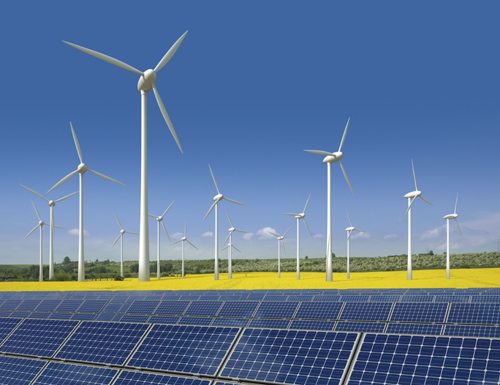
As the world embraces the use of renewable energy, various countries are making conscious effort to change totally their energy generation method. The IEA in its current report has also posited that, most countries will generate power via renewables come 2025 and renewable energy will also become the leading source of electricity generation although it is capital intensive. Coming down to Ghana, the current energy master plan contained in the energy mixed has only 10% allocated to renewable energy.
And in this regard, the Renewable Energy Master Plan (REMP), was developed with the goal to provide investment-focused framework for the promotion and development of the country’s rich renewable energy resources for sustainable economic growth, contribute to improved social life and reduce adverse climate change effects.
The REMP purposely aims to achieve by 2030, an Increase the proportion of renewable energy in the national energy generation mix from 42.5 MW to 1363.63 MW with grid connected systems totaling 1094.63 MW.
It is also aims at reducing the dependence on biomass as main fuel for thermal energy applications, provide renewable energy-based decentralized electrification options in 1,000 off-grid communities and promote local content and local participation in the renewable energy industry.
The REMP also prescribe action plans for all the Renewable Energy Technologies (RETs). For each of the RET areas that is solar, wind, hydro, biomass, the action plan analyzed the resource availability, opportunities in developing the resource, and recommends interventions for their promotion and development.

